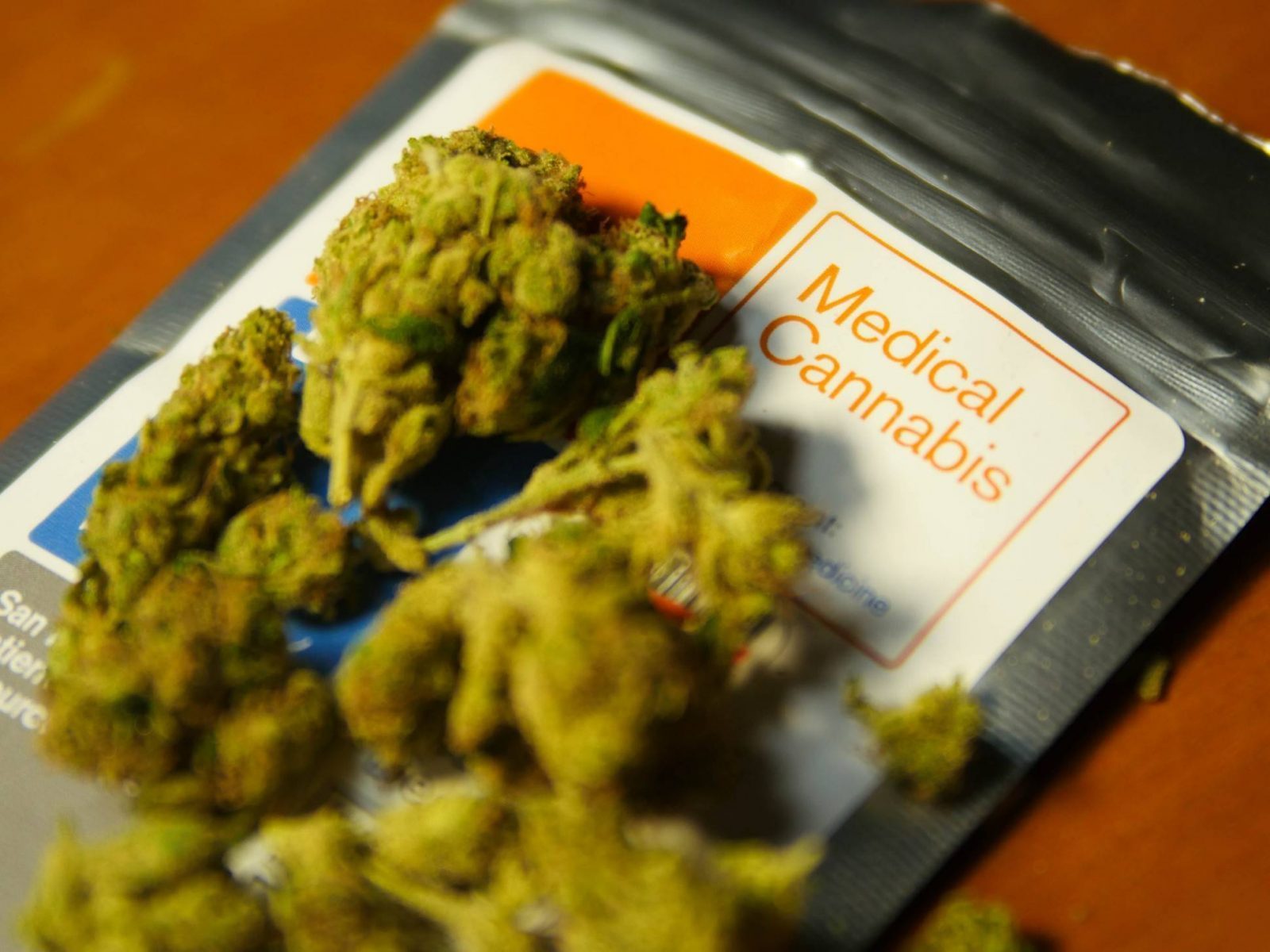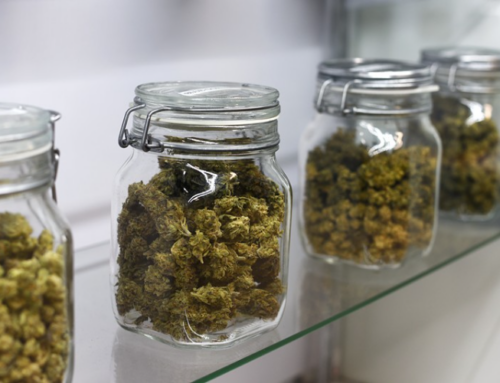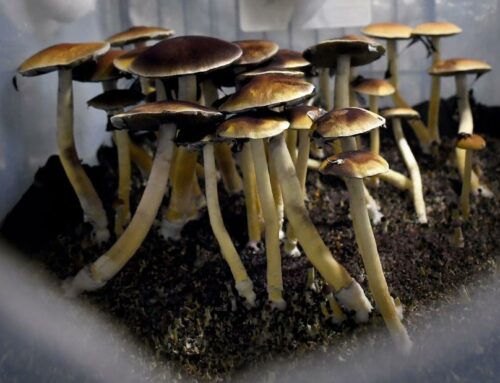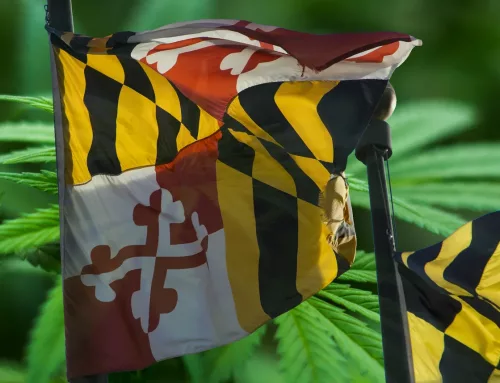UK Home Affairs Committee Advocates for Expanded Access to Medical Cannabis Products through NHS
LOS ANGELES– In a recent development, the United Kingdom’s Home Affairs Committee has urged the government to broaden the accessibility of unlicensed cannabis-based products for medical use through the National Health Service (NHS) before the conclusion of the current Parliament’s tenure. The NHS, England’s publicly funded healthcare system, has been pinpointed as a crucial platform to facilitate this expansion.
The committee has given the government a two-month window to respond to this recommendation, highlighting a pressing concern regarding the limited access to cannabis-based products for medical use (CBPMs) in the country. As of now, there are no licensed CBPMs available in the UK. Although unlicensed CBPMs can technically be prescribed, none have yet secured marketing authorization. It should be noted that while certain cannabis-based medicines like Epidyolex, nabilone, and Sativex are licensed, they are not classified as CBPMs.
In their report, the committee expressed significant concerns about the current accessibility issues on the NHS for patients with genuine medical needs. “Access continues to be a problem,” the report emphasized, revealing that fewer than five patients have been able to obtain unlicensed cannabis-based medicine through the NHS earlier this year. In stark contrast, the private sector prescribed 89,239 unlicensed medical cannabis “items” to patients, albeit at their own expense, between November 2018 and July 2022.
The committee’s stance is grounded in the potential therapeutic benefits of medical cannabis, particularly in managing chronic pain. They have called upon the government to back researchers in conducting randomized control trials to evaluate the efficacy of CBPMs in treating chronic pain conditions. If proven to be effective and cost-efficient, the committee recommends government collaboration with clinicians to integrate CBPMs as a viable treatment option in suitable cases.
However, the committee maintained a firm stance against the legalization and regulation of cannabis for non-medical use, citing concerns over potential harms, especially among the youth population.
In a separate note within the report, the committee applauded the UK government’s efforts to diminish barriers to psychedelic drug research, urging an “urgent” reclassification of these substances to Schedule 2 to foster further research into their medical and therapeutic potential.
This recommendation marks a significant step towards potentially reshaping the landscape of medical cannabis accessibility in the UK, fostering a more inclusive approach to alternative treatments for chronic pain and other conditions.




































